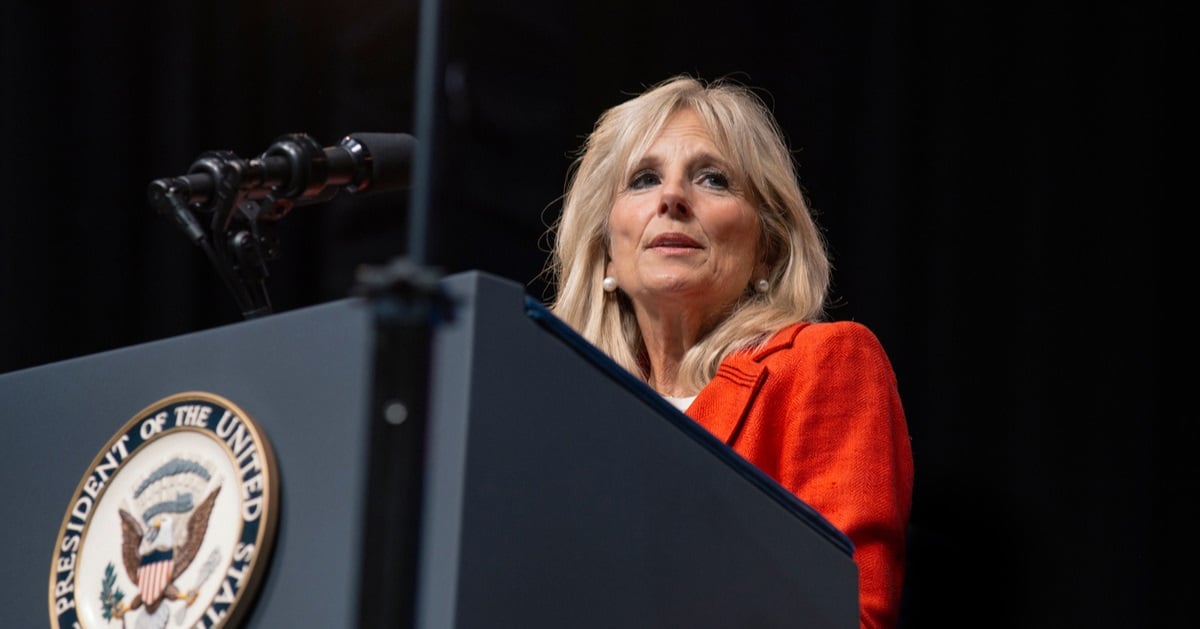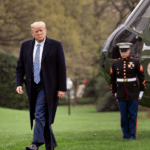


President-elect Donald Trump has criticized President Joe Biden's decision to pardon his son, Hunter Biden, calling it an "abuse and miscarriage of justice."
The Hill reported that Biden announced the pardon, stating Hunter Biden's legal troubles were politically motivated, a move that has sparked significant backlash from Trump and other Republicans.
On Sunday, President-elect Trump voiced his disapproval, questioning the scope of the pardon and whether it might also include individuals linked to the January 6 Capitol incident.
Biden, in his announcement, maintained that the charges against his son stemmed from political bias and reflected a broader effort to damage his presidency via Hunter.
President Biden claimed his son Hunter had been unfairly singled out because of their familial relationship. He stressed that efforts to persecute Hunter over the past several years had been relentless, noting Hunter's sobriety for more than five years as a testament to his resilience despite ongoing legal challenges.
Biden conveyed his belief that the attempts to undermine Hunter were extensions of efforts to destabilize him personally.
These claims were refuted by key Republican figures. Steven Cheung, a representative for Trump, accused the Democratic-controlled justice system of being used as a tool for political gain, alleging the courts had been weaponized against his party.
Cheung asserted that Trump's administration would prioritize re-establishing due process if he returns to the White House.
The pardon has been harshly criticized by Republican congressional members. Rep. James Comer condemned the move, asserting that Biden had consistently misled the public regarding his family's business endeavors. Comer also alleged that Biden's decision contravened previous assurances that he would not pardon his son.
The controversy surrounding Hunter Biden has remained a hot topic in American political discourse. Amidst the ongoing discourse, accusations that Hunter received preferential treatment during his federal gun trial have persisted.
Despite these claims, Trump's earlier suggestion to potentially pardon Hunter if elected had added layers of complexity to the debate.
President-elect Trump once again criticized the pardon decision, asking whether Hunter's pardon extended to those he referred to as "the J-6 Hostages," raising concerns about the breadth and implications of Biden's action. Trump insists that the justice system under his administration will restore fairness and due process.
Cheung shared pointed critique, noting previous unsuccessful investigations against Trump as evidence of injustice within the current legal system. He stated Trump’s intent to correct these issues in future governance.
Meanwhile, President Biden staunchly defended his action, emphasizing the onerous personal and political strains that the continuous targeting of Hunter has created. He argued that the ongoing scrutiny was an undue burden on both himself and his family, calling for an end to what he perceives as politically driven investigations.
The implications of the pardon remain under intense scrutiny and debate, with potential impacts on the impending Trump administration. As President-elect, Trump promises a comprehensive overhaul in the judicial landscape, a move aimed at re-establishing an unbiased justice system.
Rep. James Comer's remarks underline the perceived discrepancies in Biden’s public narrative about his family's international business dealings. He lamented the perceived dishonesty, underscoring that Biden negated past statements by issuing the pardon.
The controversy surrounding the Biden family reflects the deeply polarized atmosphere in American politics, with ongoing debates about the integrity of legal and political processes.



